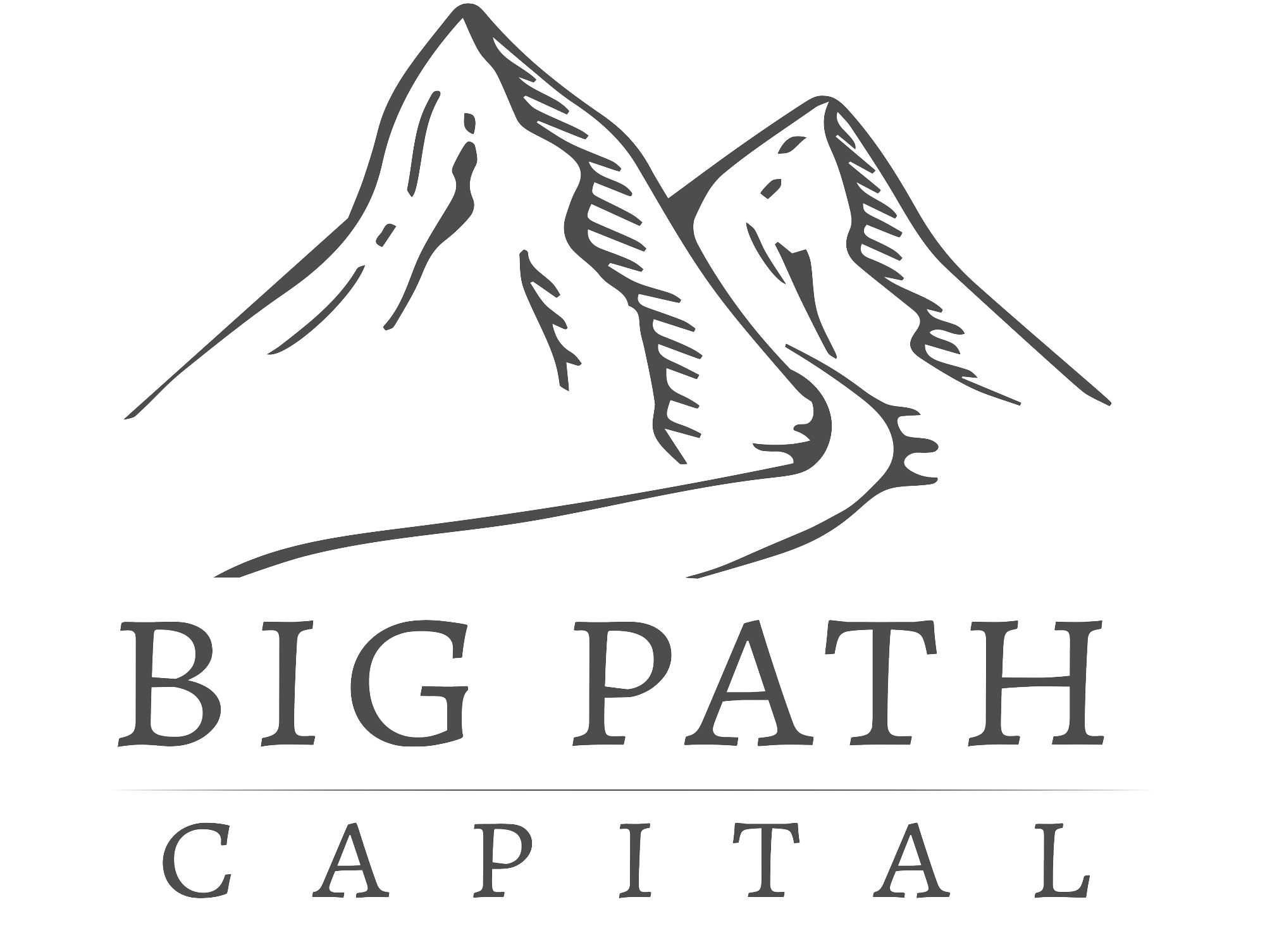

Big Path Capital

North Carolina, United States
December 2007
Other financial services
Service with Minor Environmental Footprint
United States
Big Path Capital is an investment bank advising companies, funds, and institutional investors that are advancing the sustainable economy. Big Path assists in raising debt and equity, corporate sales and divestitures, acquisitions, and strategic options. A new model of value creation is emerging which deploys capital in strategies that leverages the inherent link between natural, social and financial capital. It is a fallacy to claim that the achievement of environmental and social returns on invested capital assumes a compromised financial return. Sustainable strategies actually enable differentiated competitive advantages and lead to long-term value creation. Big Path’s clients are those entrepreneurs, companies, funds and investors scaling sustainable solutions. Big Path Capital seeks to accelerate the move to a sustainable economy. The economic base of today was built in an era of ample raw materials, inexpensive energy, and limited consideration of waste. That age has passed. Current dynamics are increasingly rewarding companies that operate sustainably.
Overall B Impact Score
Governance 16.3
Governance evaluates a company's overall mission, engagement around its social/environmental impact, ethics, and transparency. This section also evaluates the ability of a company to protect their mission and formally consider stakeholders in decision making through their corporate structure (e.g. benefit corporation) or corporate governing documents.
What is this? A company with an Impact Business Model is intentionally designed to create a specific positive outcome for one of its stakeholders - such as workers, community, environment, or customers.
Workers 26.5
Workers evaluates a company’s contributions to its employees’ financial security, health & safety, wellness, career development, and engagement & satisfaction. In addition, this section recognizes business models designed to benefit workers, such as companies that are at least 40% owned by non-executive employees and those that have workforce development programs to support individuals with barriers to employment.
Community 21.5
Community evaluates a company’s engagement with and impact on the communities in which it operates, hires from, and sources from. Topics include diversity, equity & inclusion, economic impact, civic engagement, charitable giving, and supply chain management. In addition, this section recognizes business models that are designed to address specific community-oriented problems, such as poverty alleviation through fair trade sourcing or distribution via microenterprises, producer cooperative models, locally focused economic development, and formal charitable giving commitments.
Environment 4.7
Environment evaluates a company’s overall environmental management practices as well as its impact on the air, climate, water, land, and biodiversity. This includes the direct impact of a company’s operations and, when applicable its supply chain and distribution channels. This section also recognizes companies with environmentally innovative production processes and those that sell products or services that have a positive environmental impact. Some examples might include products and services that create renewable energy, reduce consumption or waste, conserve land or wildlife, provide less toxic alternatives to the market, or educate people about environmental problems.
Customers 17.1
Customers evaluates a company’s stewardship of its customers through the quality of its products and services, ethical marketing, data privacy and security, and feedback channels. In addition, this section recognizes products or services that are designed to address a particular social problem for or through its customers, such as health or educational products, arts & media products, serving underserved customers/clients, and services that improve the social impact of other businesses or organizations.
What is this? A company with an Impact Business Model is intentionally designed to create a specific positive outcome for one of its stakeholders - such as workers, community, environment, or customers.